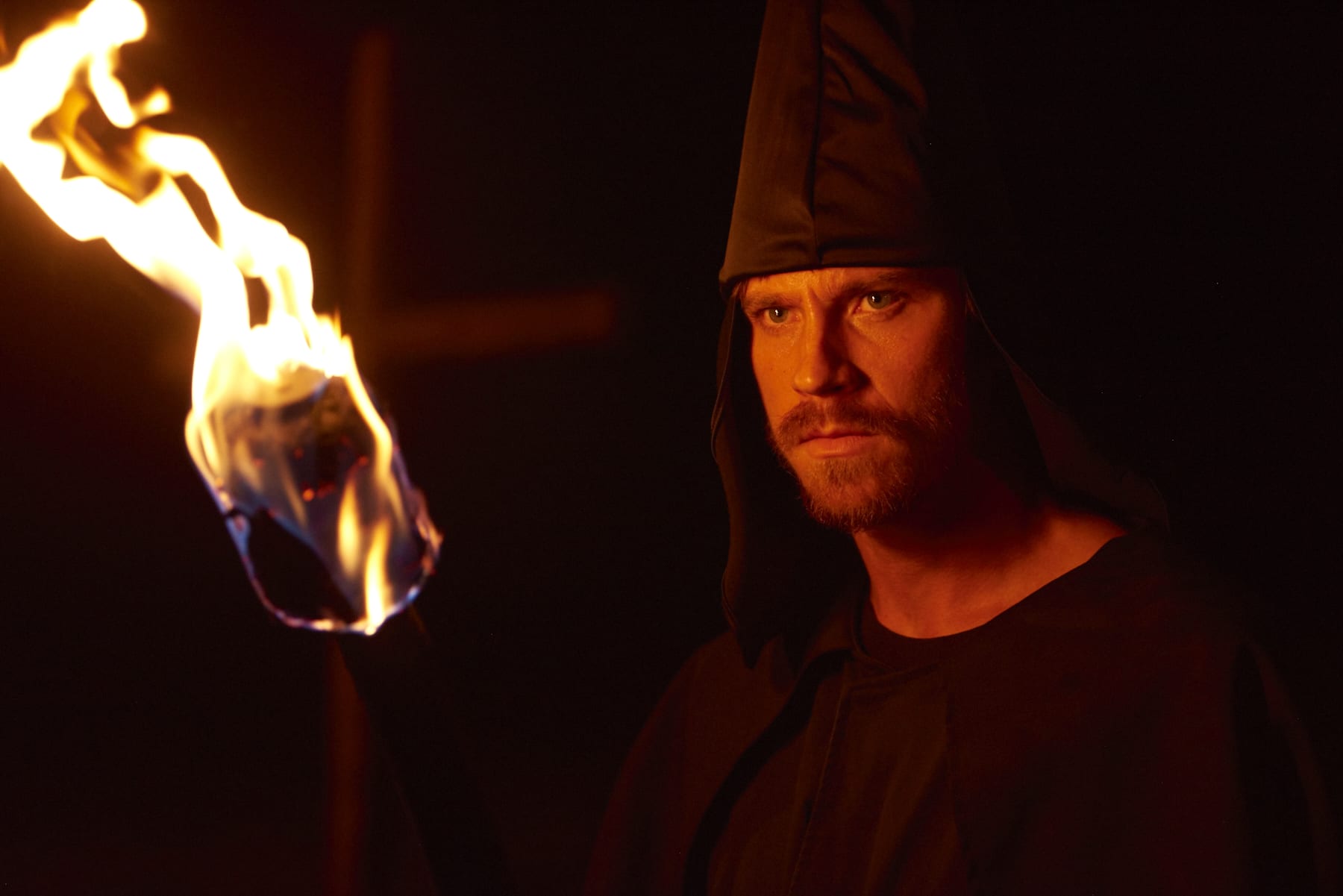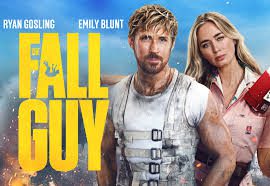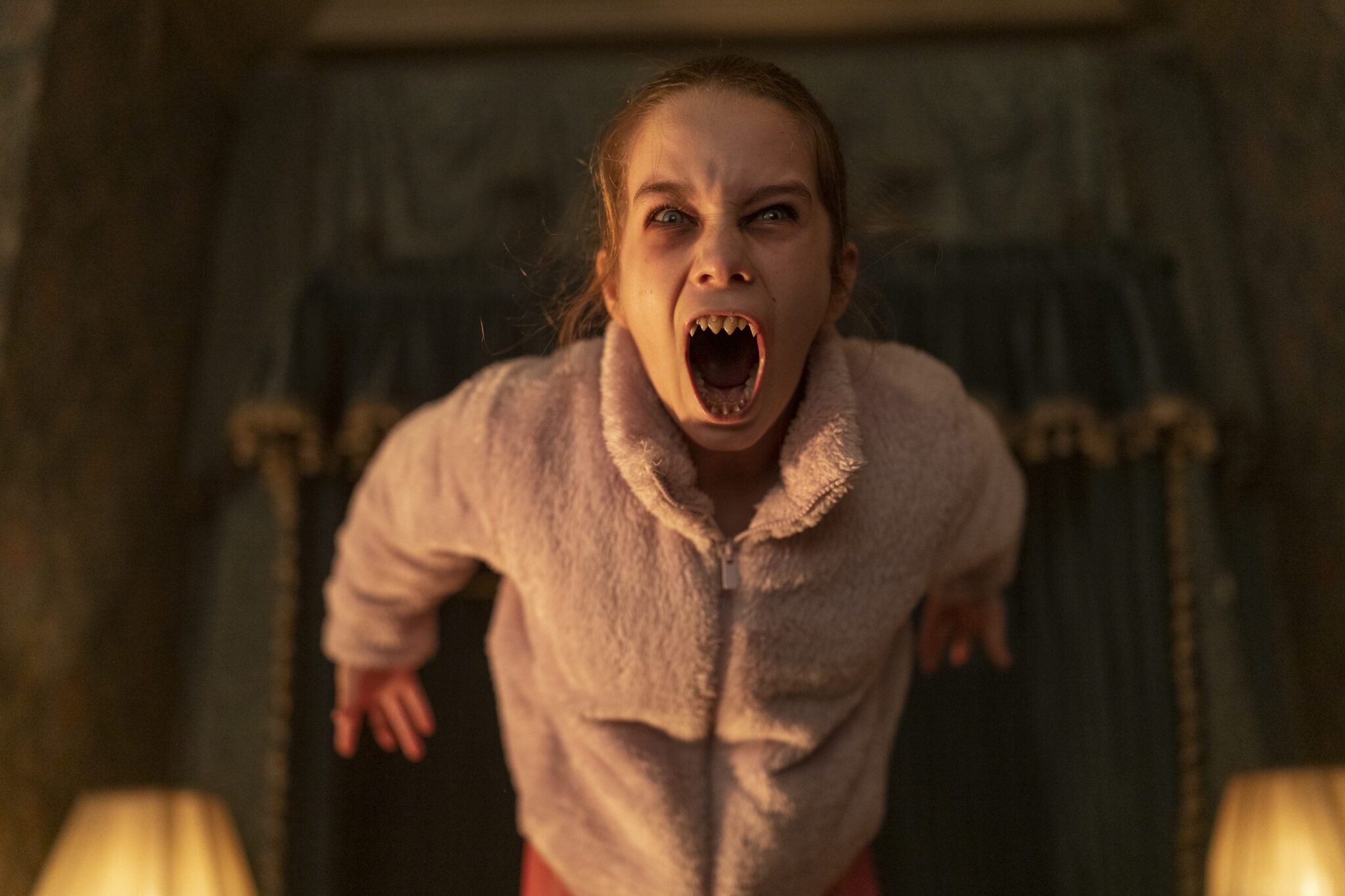Jesus told us ?But I say to you that listen, Love your enemies, do good to those who hate you, bless those who curse you, pray for those who abuse you? (Luke 6:27f, NRSV). We revere those words, but probably in our heart of hearts we say, ?yeah, right.? In Andrew Heckler?s film Burden, we see what that means. It is hard. But it may also lead to transformation.
Based on a true story, the film is set in Laurens, South Carolina in the 1990s, the film centers on Mike Burden (Garrett Hedlund), a young man who has risen to the rank of Grand Dragon within the local Ku Klux Klan. He is mostly uneducated and get by working as a repo man. He, along mentor and father-figure Tom Griffin (Tom Wilkinson), opens The Redneck Shop and KKK Museum in downtown Laurens. This immediately gets the attention of a local Baptist minister, Reverend David Kennedy (Forest Whittaker), who organizes daily non-violent protests outside the shop. Kennedy is adamant about keeping the protests non-violent, but Griffin is eager to provoke a riot and wants Kennedy out of the picture.
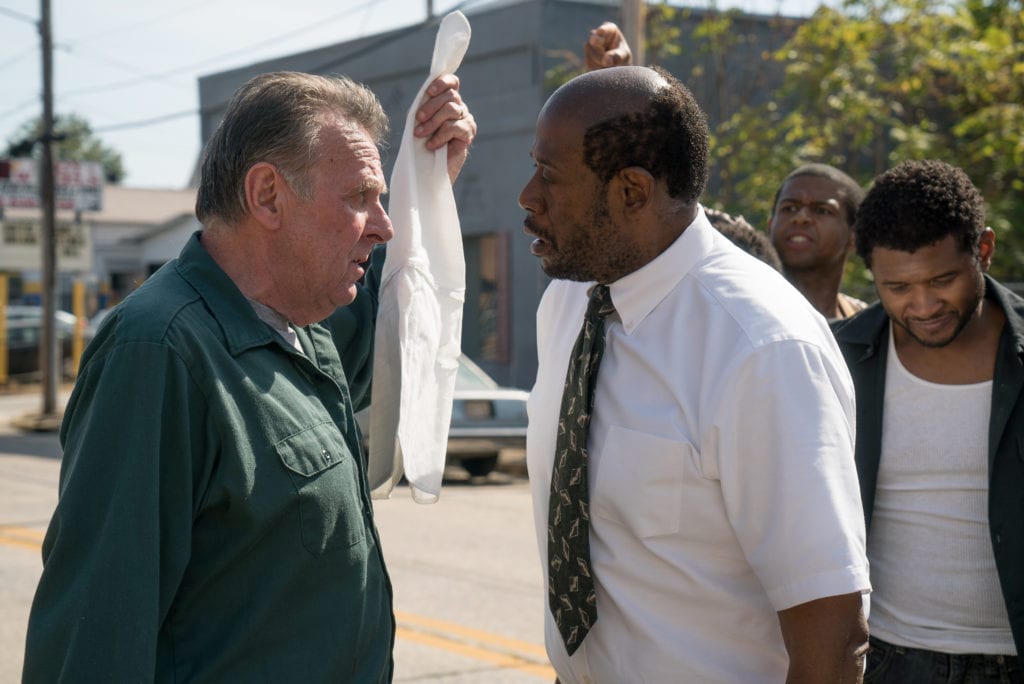
When Burden begins dating Judy (Andrea Riseborough), a young single-mother, who is opposed to the Klan, his commitment begins to wane. His love for Judy and her son makes him question his place in the Klan, and eventually he opts to leave the Klan. He and Judy are immediately evicted from their home and lose their jobs. Living in Judy?s car and reduced to panhandling, Kennedy meets with them and hears their story. He invites them into his home?much to the dismay of his wife, son, and congregation.
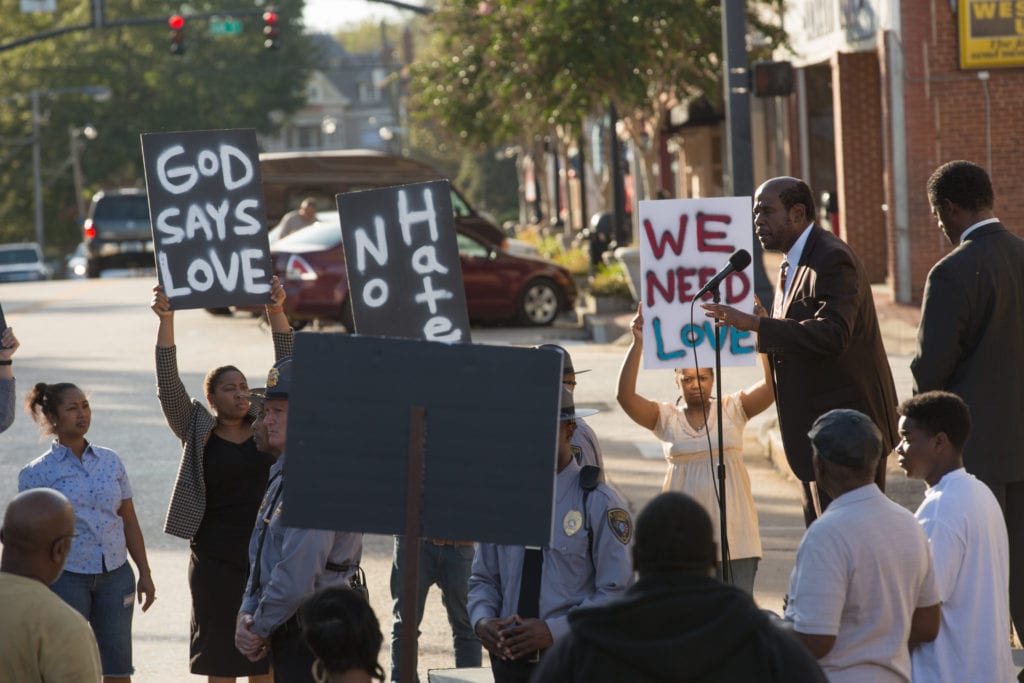
But that marks about the halfway point in the film. The real conflict that fills the second half of the film is about how Burden must learn lessons of repentance, forgiveness, and transformation. As Kennedy says, hate will not go away unless it is replaced by love. Burden?s love for Judy was the starting point that opened the way for more love to flow in. I think the film could have used a bit more of Judy?s story to explain her antipathy for the Klan.
Many will look at this as a great triumph over racism. In some ways it is. The Klan and its hatred need to be confronted and overcome. The personal transformation of Mike Burden is not far short of miraculous. But showing racism in its grossest forms (as many films do) covers over the more subtle systemic racism that fills our society and, if we are honest with ourselves, our own lives. It is easy to look at Mike Burden and know that we were never the kind of racist he was before he was brought around to a new way of thinking. But will we be willing to look to see just how racist we are?
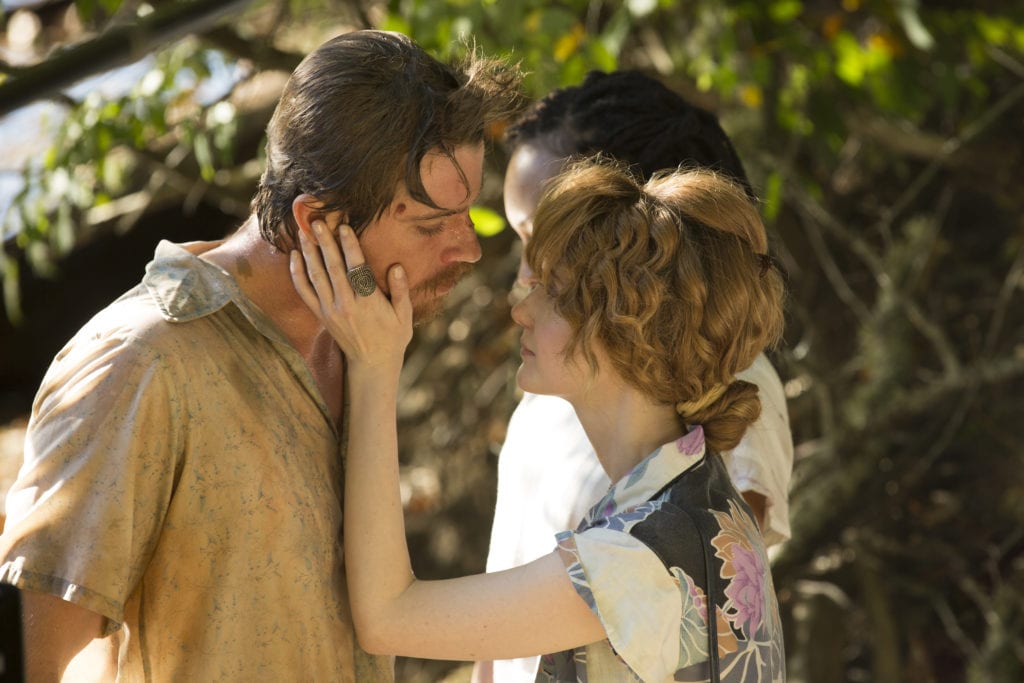
Where this film shines is not so much in its confrontation of racism as in its more subtle look at the power of non-violence and the transformative power of Jesus? words in the first paragraph above. That teaching goes against everything else in our experience. Reverend Kennedy acted out those words in the way he treated a man who hated him and abused him. To befriend Burden went against Kennedy?s own sense of self-preservation. (And his wife and son were more than clear about their fears.) The fruits that flow from that act eventually led Burden to a new way of seeing the world in which he lived. It also opened him up to the point of confessing his own sins and repenting so that he could more fully appreciate the grace that had been offered him.
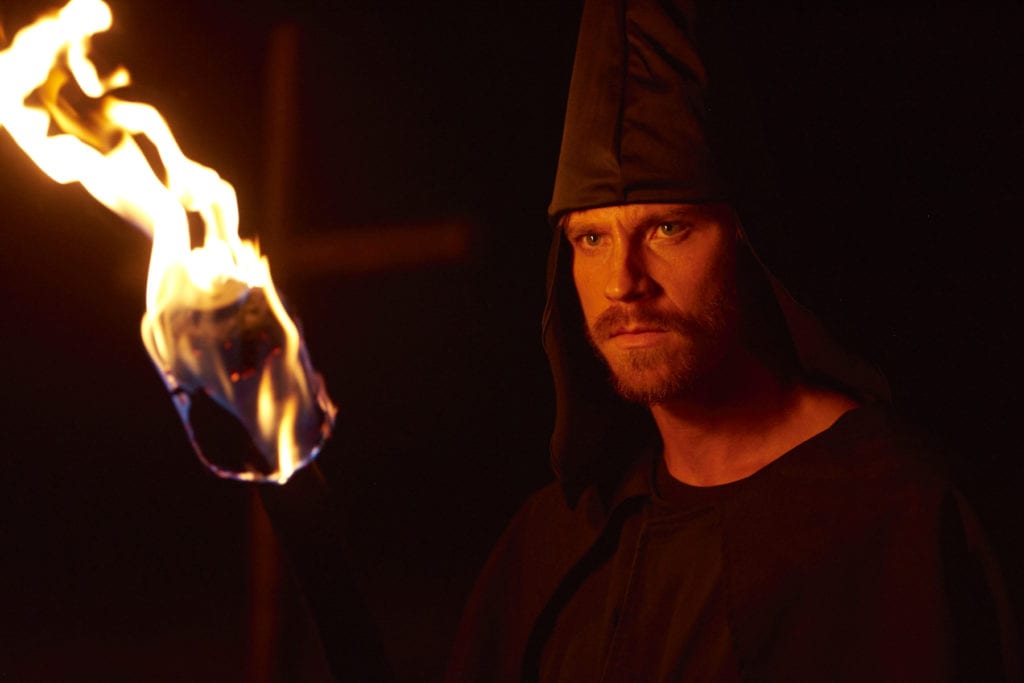
Photos courtesy of 101 Studios

